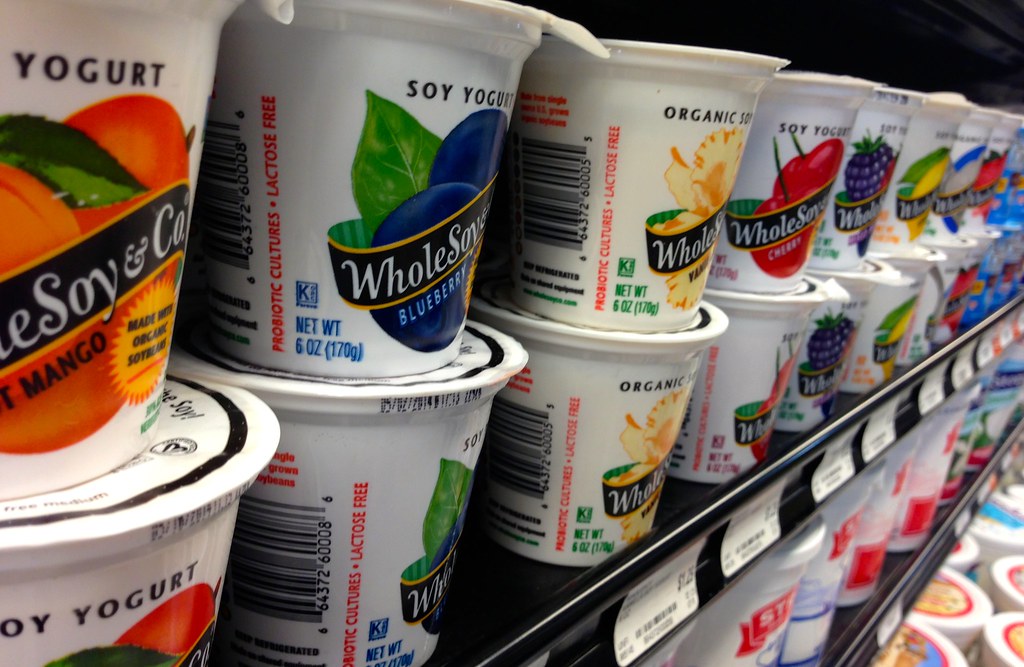Soy What? Debunking The Soy Myth
Maybe you have heard that soy is the new super food, off to save all vegetarians and vegans from the sad fate of protein deficiency. Or maybe you've heard the warning to stay away from the cancer-causing "estrogen mimicker." Or maybe you've heard both and just don't know what to think. I was once in your shoes. So I did some research and concluded that both arguments are wrong.
After sifting through countless biased articles online, I found that nearly every source that condemned soy could be traced back to the Weston A. Price Foundation (WAPF). The WAPF is a non-profit that advocates a diet high in saturated fats and animal products (meat, butter and raw milk). No wonder they are against soy! This incredibly self-interested source states that "people with high cholesterol live the longest": a direct contradiction to common sense and research done by the World Health Organization, the highest authority on food-related health issues.
Still, I continued researching. I found that the main criticism of soy is that it contains large amounts of phytoestrogens, an estrogen-like compound found in plants. Although this is true, an extensive report detailing the pros and cons of phytoestrogens found that "for a typical consumer, alarm over soy products is likely unnecessary but so is the belief that a soy-rich diet will alleviate all ills." Yet again, the age-old adage "everything in moderation" prevails.
When eating soy in moderation, keep in mind that there are two types of soy: fermented and unfermented. Soy that is fermented, or chemically broken down with grains, is advocated by health experts due to its higher nutrient content. Fermented soy products include: tempeh (pictured below), miso, natto and pickled tofu.
Unfermented soy, such as soy milk, tofu, most soy sauces, soy cheese and soy-based meat alternatives are more hotly contested. Unfermented soy lacks many of the nutrients present in its fermented brother, but there are no credible studies that prove it to be of any danger. Still, many unfermented soy products are genetically modified or processed. These products, such as soy cheese, soy yogurt and soy-based meat substitutes, should be avoided not because they are soy, but because they are processed.
Bottom line: feel free to enjoy soy in moderation, and when you do, make sure to buy organic.
More good stuff here:
- Fact or Fiction: The Negative Calorie Food Fad
- The Quest for Truth on Quest Bars
- The War on Sugar
- Sweeteners Debunked
- How to Read the Fine Print
View the original post, Soy what? Debunking the Soy Myth, on Spoon University.


